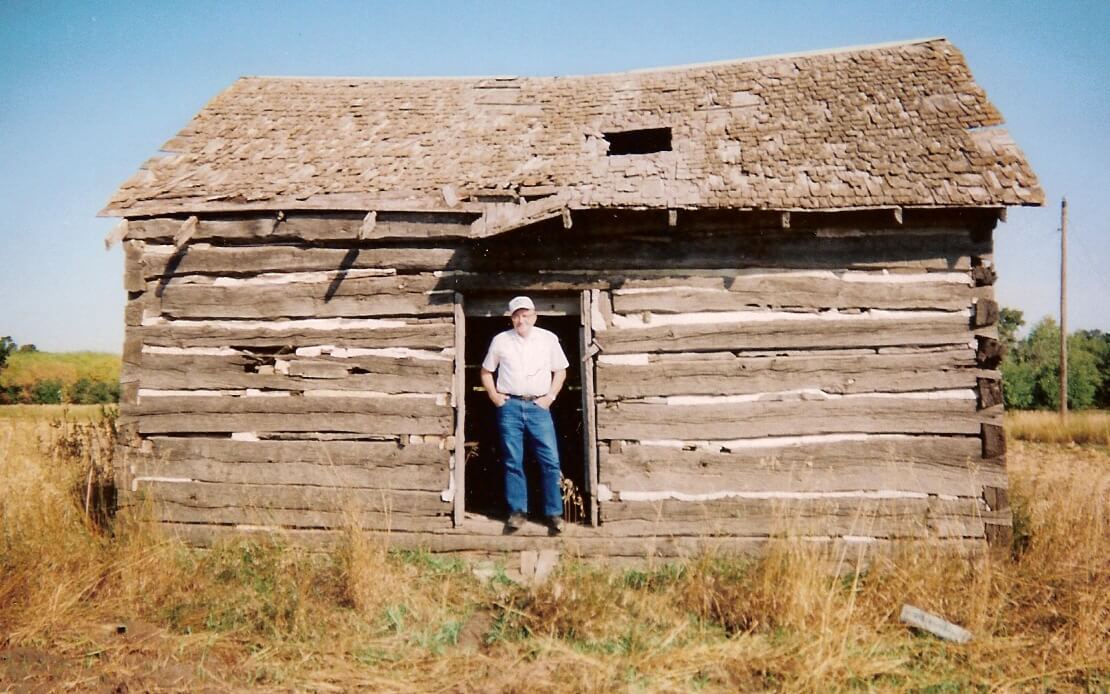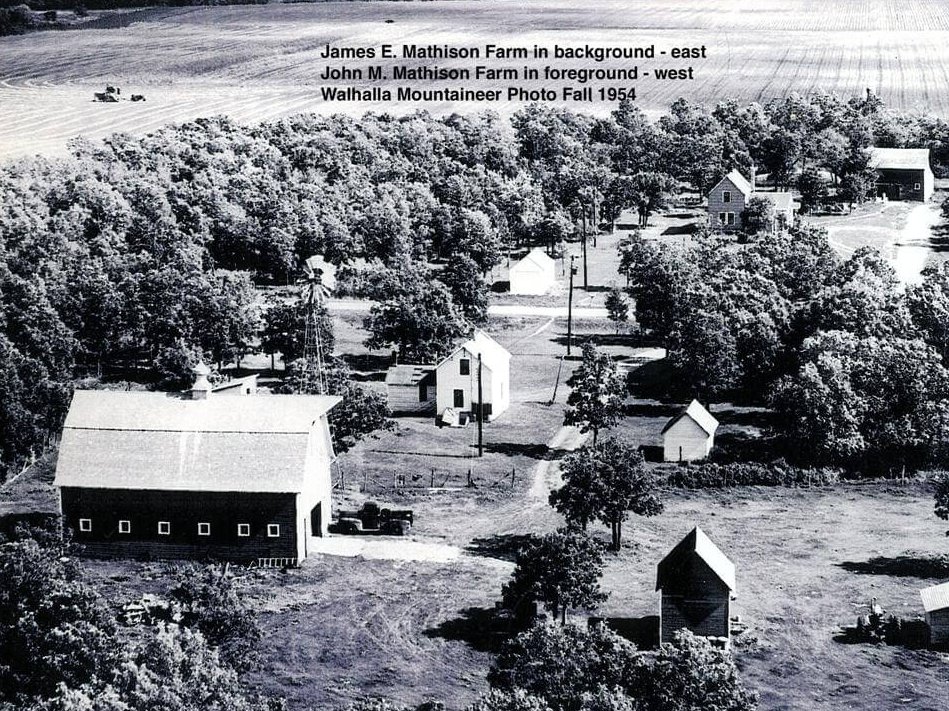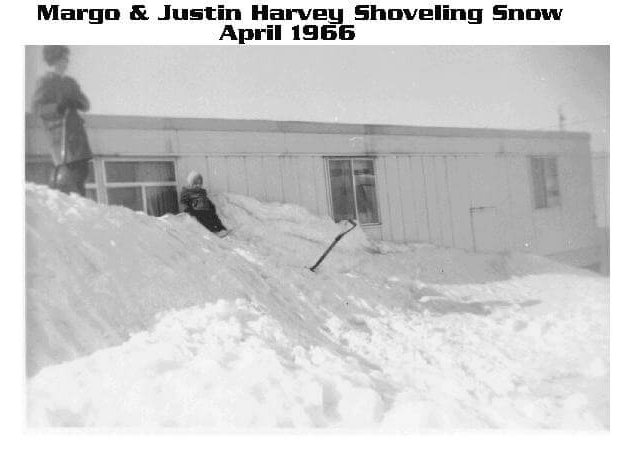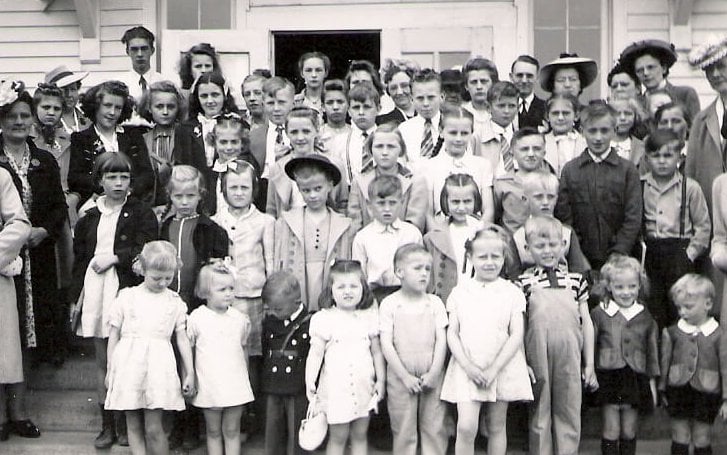
 A Minnesota PBS Initiative
A Minnesota PBS Initiative
It is not easy to say goodbye to loved ones prior to going to war—because of the specter of never again saying hello.
Five days after leaving Fort Gordon, Georgia and thirty days before reporting for duty in Vietnam, I pulled up to my mother's home in Grand Forks, ND. The door opened with my grandma making a beeline for our youngest child, Wendy. Mom grabbed Justin while Margo and I tagged along inside.
Do you want to feel like an appendix? You know, useless, unnecessary, a vestige of something no longer needed? Try sitting in a room with a mother, grandmother, great-grandmother, sister and two cute, adorable, darling little children. The ladies no longer required my existence. I went out and began hauling in the required tonnage for transporting two children under two years old. Frankly, I hoped for a little fuss over me, since I was the one going to war.
I planned to do a lot during this thirty-day leave. Parting visits with friends and family. Much of the time spent searching for ways to condense life-long relationships into a portable format to take with me on this daunting venture.
Handshakes turned into hugs, in spite of our manly reserve. Hugs felt tighter and lasted longer. Were the embraces strong enough to last forever? A look. A touch. A tender moment. All stored in a place of reverence within my soul as a safeguard against loneliness, desolation and fear.
The next month brought a dizzying stream of friends and family visits. With ten days of my leave remaining, Grandma asked me to drive her to the bus depot. The bus depot was downtown then, right where Hugo Magnuson once owned a grocery store. Grandma carried only one cardboard suitcase and the standard issue, industrial duty, professionals only, black purse. She carried more in that purse than most do in their car trunk.

Log Grainery.
We waited in the warming spring sunshine. Grandma reached into her purse, pulled out an envelope and handed me a picture of my grandfather lying in his coffin. My grief at his death came searing back without warning.
As with other deaths in the family, relatives delayed notifying me until after the burial to prevent my returning for the funeral. The military school I attended began the day after his funeral. No one knew how much I resented their “consideration”, for it denied me the chance to mourn as part of the family.
Grandma put the photo away as the bus rounded the corner. The driver took her suitcase from me and I returned to Grandma's side.
Over the roar of the idling bus engine Grandma said that she best say goodbye and we were never again to see one another. It finally happened, someone admitted that I might not survive the war. Everyone avoided any mention of my possible death in this fledgling war. Death became fearful for me to contemplate: it wasn’t an abstract concept, this death would be mine. Life was good; I wasn’t ready to let it go.
My beloved North Dakota was slipping away. Would I ever see the prairie again? When I once more met the soil of North Dakota, whose head would bow in reverence, mine or my mourners?
Talking braver than I felt, I told Grandma that I planned to return alive from Vietnam, like her son who survived World War II. She hushed me and said with Pa gone, she planned to visit her sisters one last time. Have you ever stood near a cliff and watched part of it slip loose and crash to the valley floor below? I did that day. I couldn’t think of a world without this woman’s presence.
The month continued to slip away, only a single day remained. I kissed Margo and the children and drove myself to the airport. Actually saying goodbye required more courage than I possessed. I did it, parting with all those people and saying one eternal goodbye.

Walhalla Mountaineer Photo, from SCS, of Mathison Farms, looking east. Fall 1954.
My beloved North Dakota was slipping away. Would I ever see the prairie again? When I once more met the soil of North Dakota, whose head would bow in reverence, mine or my mourners?
In spite of all of the brave talk around friends and family, I was uncertain of the length of my future. Not really scared, more in awe of how precious life had become. No, completely terrified is accurate. Behind me were family and friends. I was leaving them for what? A while? A one-year tour in Vietnam? Forever?
The only person in uniform, I stood out. Remember swooping over those dusty, dippy, daring country roads in a roaring car? The ones where, on each downhill run, your stomach made a marvelous maneuver? After a few dozen swoops high in the air, those maneuvers are not nearly so marvelous.
In Denver, I transferred to a newer plane. Those of us in uniform nodded to one another in acknowledgement that we had answered when our countrymen called us to duty and had not turned away.
This airliner had mastered the magic of flawless flight. But, all too soon it became a matter of wills. The pilots and the plane sought to land. A dozen men in uniform were content to remain aloft and not land. We lost. The pilots won. The plane touched down in San Francisco—the last connection on my way to war.
We came from all over the country. Most every branch of military service. From senior commissioned officers to privates first class, fresh from combat-training schools. Eighteen-year-old men with short haircuts. Some older men belonged to the “41, 51, 61 Club.” They were called to war in 1941 for World War II. In 1951 they returned to active duty to fight in Korea. The construction of the Berlin Wall in 1961 brought them back into service once again. Off to war in an airliner, instead of a troop ship. But off to war, nonetheless.
Among the men on that plane our common bonds were few. All of us had raised our right hands and sworn to defend the Constitution against all enemies, foreign and domestic. Each of us had lawful orders sending us to the Republic of Vietnam. At the direction of the President, every man-jack of us was being placed in harm's way. Harm’s way—what a stupid euphemism—we were all going where other men would try to kill us. Not for who we were or what we had done, but because we were in our nation’s service.
Except for an occasional liar, everyone would admit to being afraid. Not the kind of scared when somebody startles you. Certainly not the terror we came to experience. But rather the shock that this was indeed real and happening, right now, to us.
After days, weeks and, in some cases, months of wondering, we were about to fly into a war. Would we meet the expectations of friends, family and colleagues? Could we meet our own expectations? Just what was expected of us? The processing was amazingly swift. Show your orders, check your luggage, get a boarding pass, file into a waiting room and wait.
Sounds like your last airplane trip? Not hardly.
As we entered and filed down the narrow aisle, each man hastily stowed a carryon bag in the overhead, sat down and buckled up.
No squalling kids. No harumphing old men squeezing past your knees. No teenagers giggling shyly at each other. No mothers about to hit their personal limits. No cranky businessmen sniffing at everyone not in pinstripes and wingtips. No embarrassingly-in-love young couples starting down the road of romance and life.
Just two-hundred-plus men of honor, answering their country's call.

Margo and Justin Harvey APR 1966 Shoveling snow after the big blizzard.
The airliner crouched at the beginning of a long runway. The engines screamed, "go — Go — GO." Brakes locked wheels to pavement and resisted this reckless defiance of gravity and logic. If mankind was meant to fly they would have grown...
The pilot intervened and cast his vote with the engines and the Brothers Wright. Gravity gave up, for the moment. An attendant rose and prepared to tell us of flotation devices and exit doors and smoking rules.
From the back, came a clear tenor voice raised in song. Startled, the attendant paused with an aching, haunted look and blinked away a tear, as the notes hung in the air, expressing the thoughts of every service member on the plane.
"Please, Mr. Custer, I don' wanna go."

Sunday School Lutheran Church 1940s Walhalla ND Michael Front in uniform.
Submitted From: Grand Forks, ND

Primary Location During Vietnam: Saigon, Vietnam 
Story Subject: Military Service
Military Branch: U.S. Army
Dates of Service: 1962 - 1975
Veteran Organization: American Legion Post 0062
Unit: 716th Military Police Battalion
Specialty: Military Police
Story Themes: 1962, 1963, 1964, 1965, 1966, 1967, 1968, 1969, 1970, 1971, 1972, 1973, 1974, 1975, 716th Military Police Battalion, American Legion, Army, Family, Fear, First Impressions, Fort Gordon, Grand Forks, Homesickness, Marriage, Michael Harvey, North Dakota, Patriotism, Read, Reflection, Relationships, Saigon, Walhalla